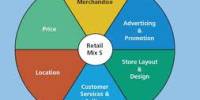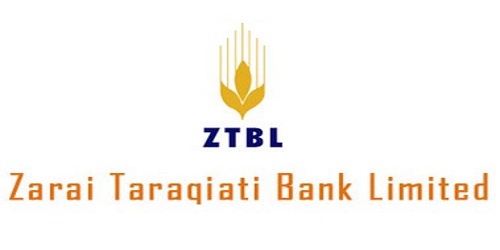Brand awareness is a marketing term that describes the degree of consumer recognition of a product by its name. It refers to the familiarity of consumers with a particular product or service. It is the extent to which customers are able to recall or recognize a brand under different conditions. It involves recalling not only the business name, but also the general feeling of the business, information about its products and services, and other experiential details. Creating brand awareness is a key step in promoting a new product or reviving an older brand. Social media has become an important new tool in brand awareness marketing.
Brand awareness is one of two dimensions from brand knowledge, an associative network memory model. Ideally, awareness of the brand may include the qualities that distinguish the product from its competition. Brand awareness is a key consideration in consumer behavior, advertising management, and brand management. It measures a potential customer’s ability to not only recognize a brand image but to also associate it with a certain company’s product or service. The consumer’s ability to recognize or recall a brand is central to purchasing decision-making. Purchasing cannot proceed unless a consumer is first aware of a product category and a brand within that category.
It helps you to:
- Promote your business
- Successfully introduce new products or services
- Build your business reputation
- Differentiate yourself from competitors
- Find and retain loyal customers.
Brand awareness is best spread through both inbound and outbound marketing efforts. Brand awareness consists of two components: brand recall and brand recognition. Several studies have shown that these two components operate in fundamentally different ways as the brand recall is associated with memory retrieval, and brand recognition involves object recognition. Both brand recall and brand recognition play an important role in consumers’ purchase decision process and in marketing communications. When competition in an industry is high, brand awareness can be one of the business’s greatest assets.
Businesses with strong branding are viewed as accepted by the market. Brand awareness is closely related to concepts such as the evoked set and consideration set which include the specific brands a consumer considers in purchasing decisions. Consumers are believed to hold between three and seven brands in their consideration set across a broad range of product categories. Improving brand awareness and share of voice are critical components of demand generation. Consumers typically purchase one of the top three brands in their consideration set as consumers have shown to buy only familiar, well-established brands. Therefore, they are trusted more by consumers who are looking to purchase a new product.
















